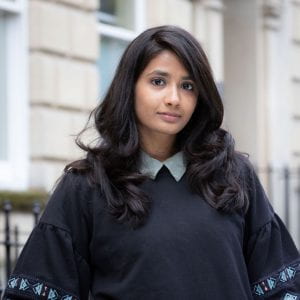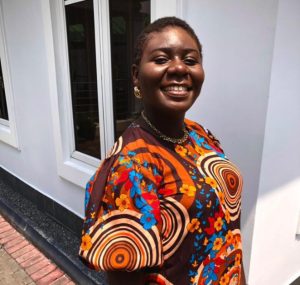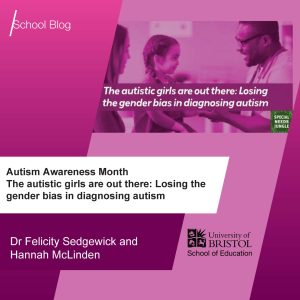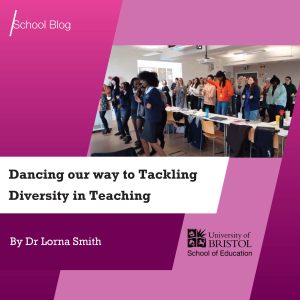Maxime Perrott, University of Bristol; Ioanna Bakopoulou, University of Bristol, and Liz Washbrook, University of Bristol
If you have a child born in the summer, the prospect of starting school can pose a conundrum. In England, for example, children typically start school in the September after they turn four, which for some can mean just a few months, weeks or even days later.
But if your child was born between April and August, you have the option to delay entry until year one, in line with compulsory school starting age of five. However, this means that they would miss the first formal year of education (reception).
You can also apply to your local authority for your child to enter school a year after their peer group – meaning your child will enter reception class the September after they turn five, and will be taught out of their peer group. A government survey of 62 local authorities found that 88% of requests to delay from 2018 to 2019 were granted.
So how do you know whether your child should start school at four, or delay entry? One thing to consider is what research tells us about the experience of summer-born children. For example, much evidence points to the advantages of summer-born children starting reception when they are five. (more…)

 By Varshini Parthiban, MSc Education, School of Education, University of Bristol
By Varshini Parthiban, MSc Education, School of Education, University of Bristol By Chidinma Ibemere, PG, Education (Leadership and Policy) (MSc)
By Chidinma Ibemere, PG, Education (Leadership and Policy) (MSc) By Dr Felicity Sedgewick and Hannah McLinden, University of Bristol
By Dr Felicity Sedgewick and Hannah McLinden, University of Bristol By
By